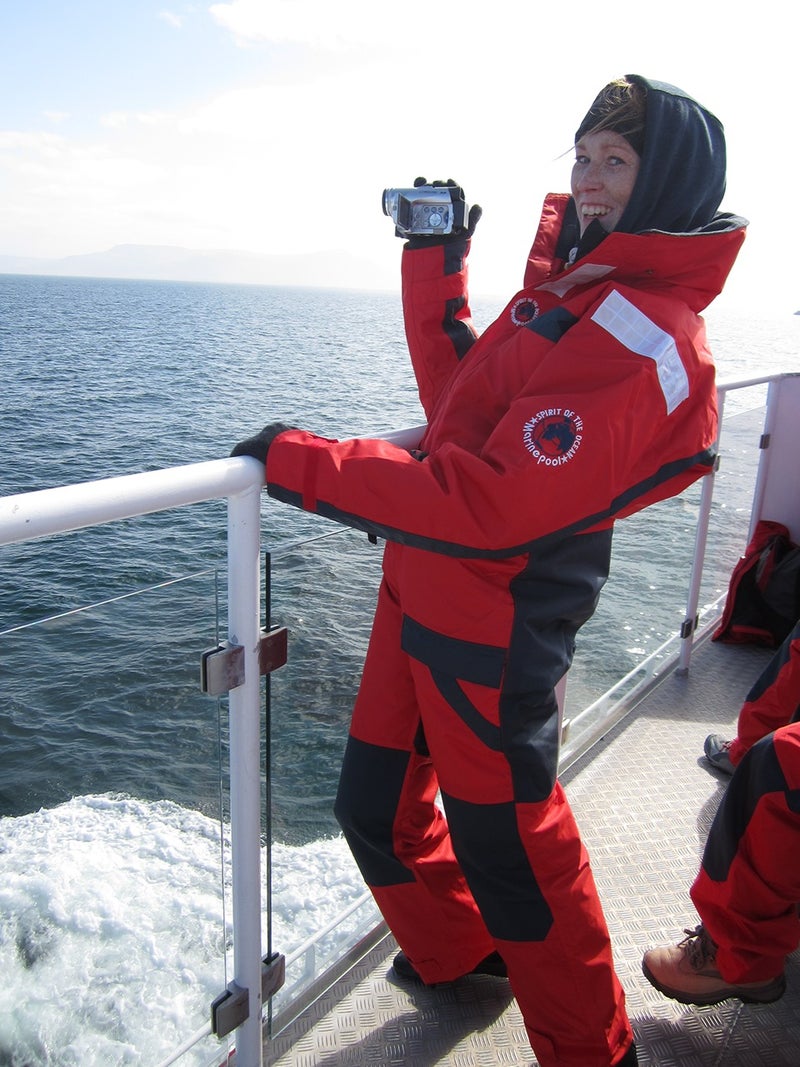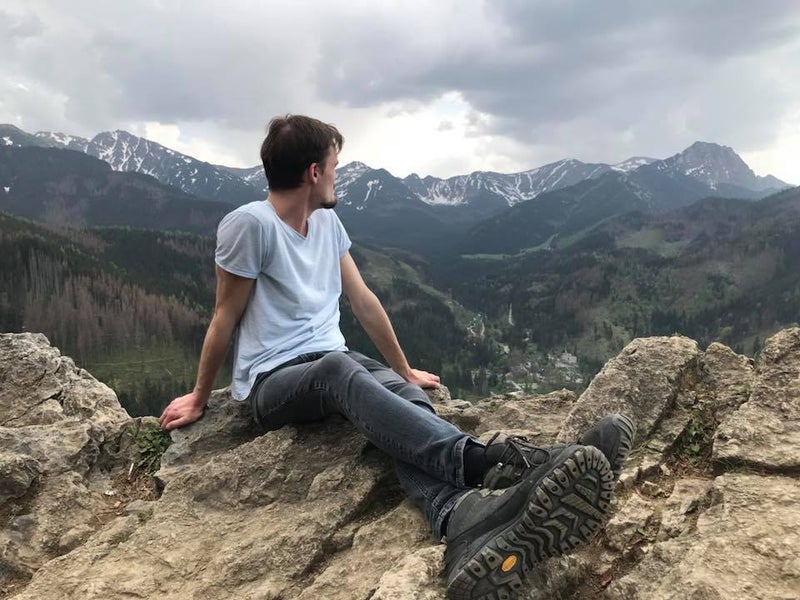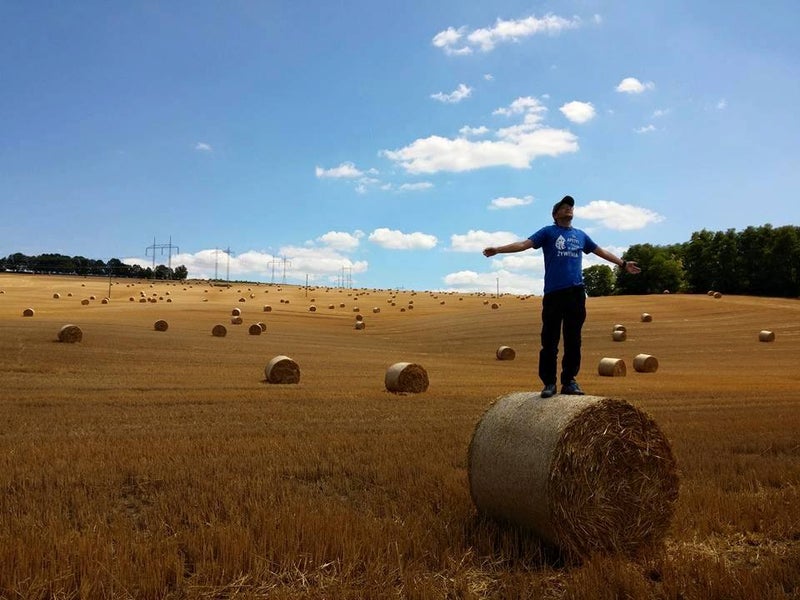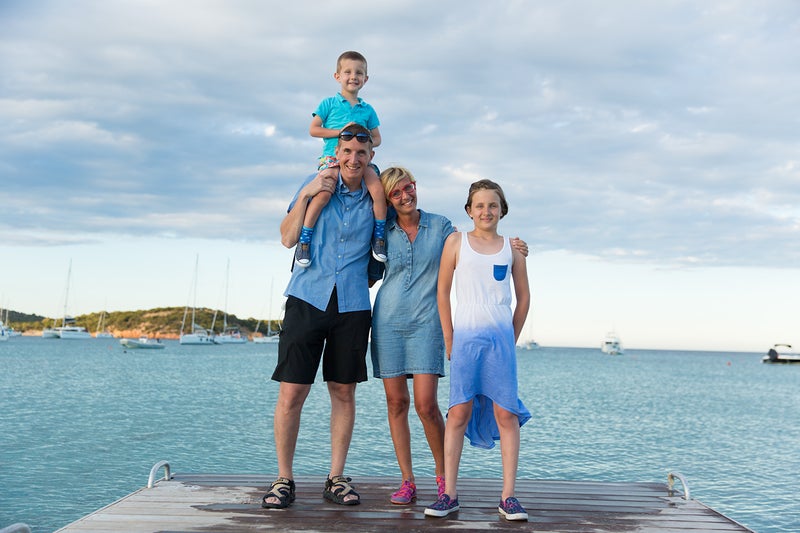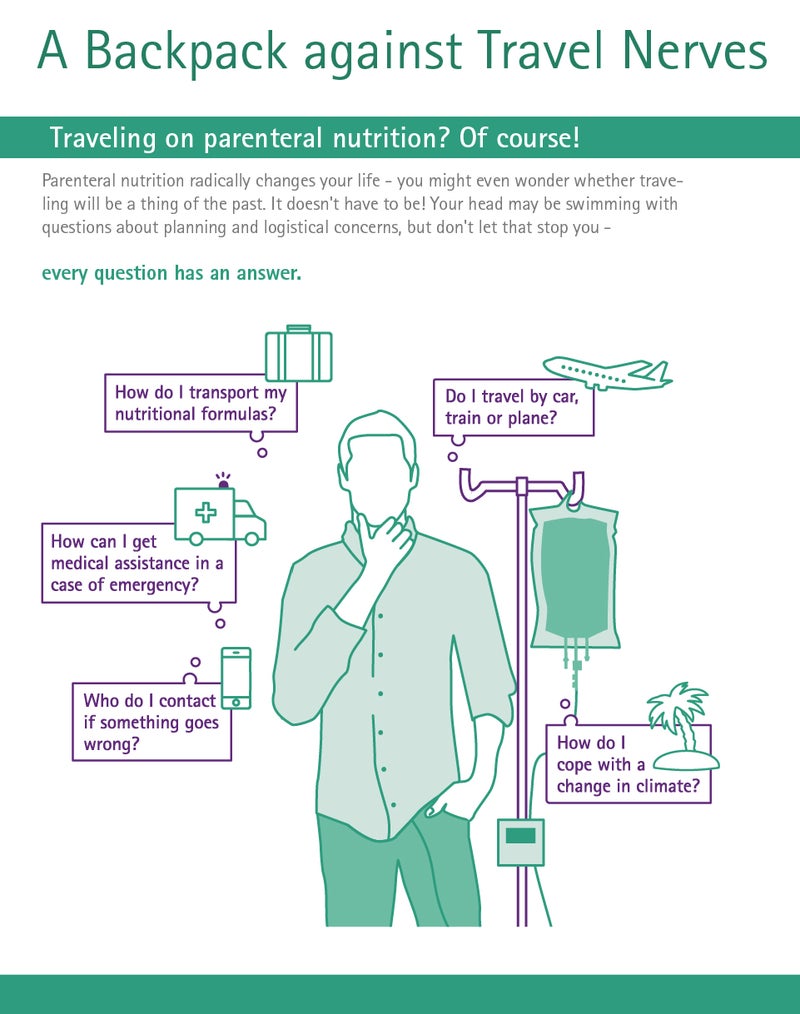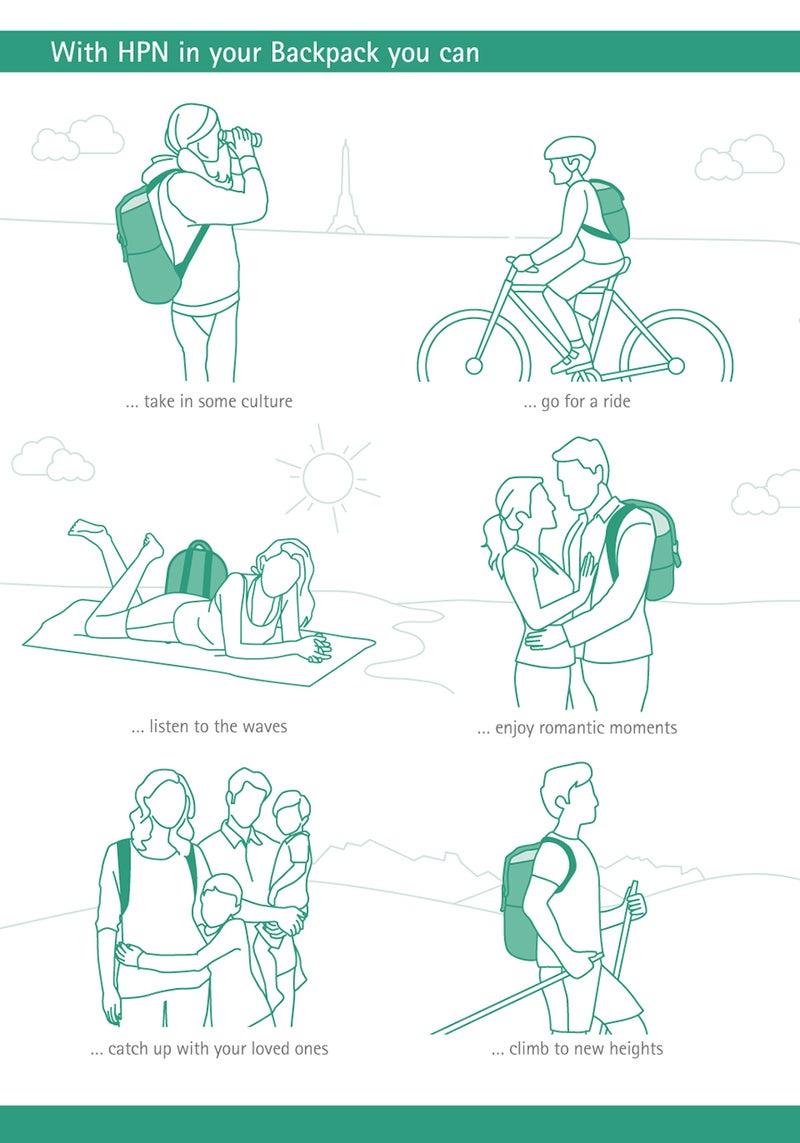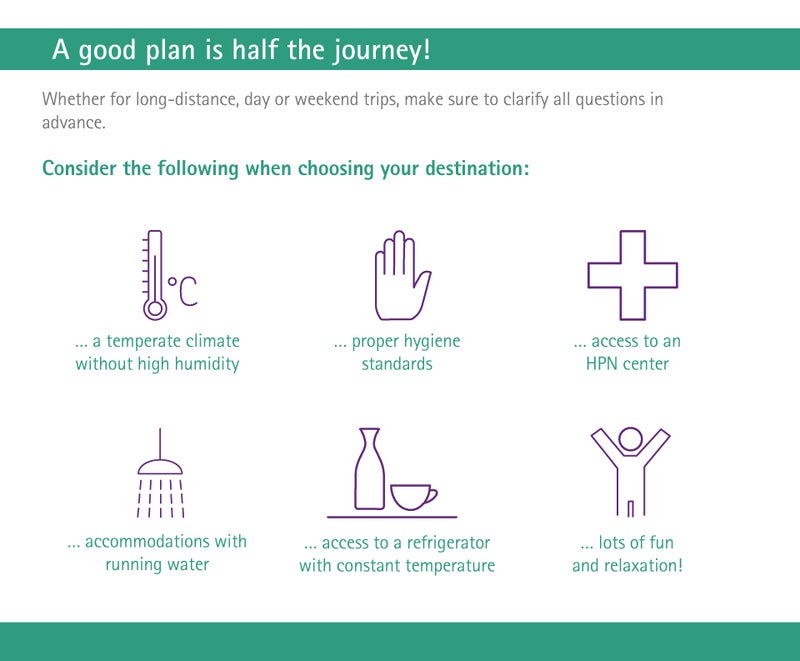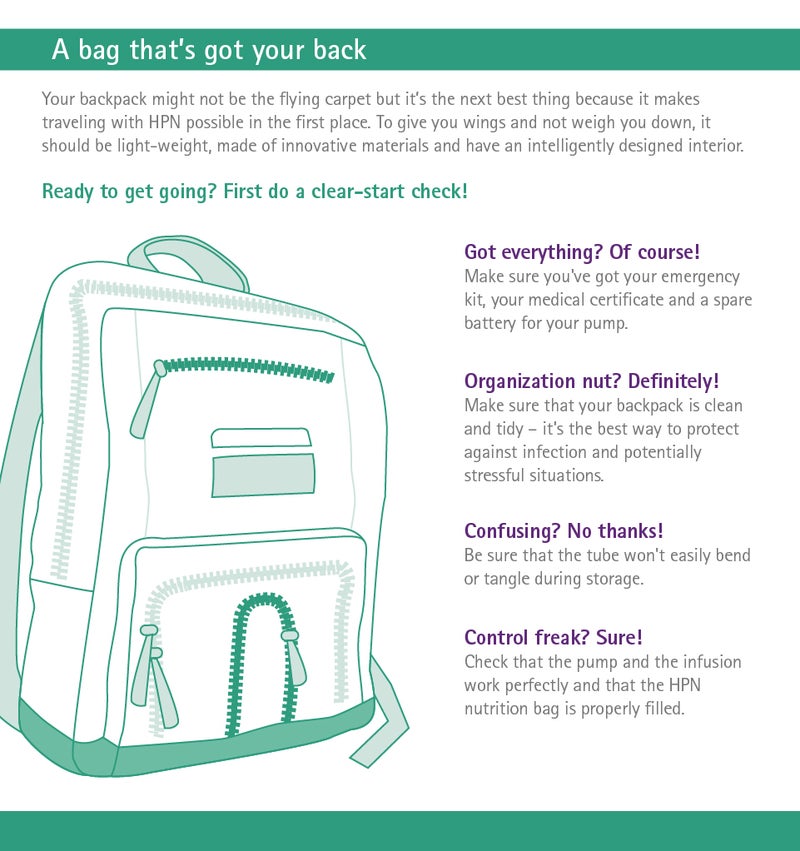A Backpack against Travel Nerves
Hardly anyone is immune to the travel bug. Not even the people who are dependent on parenteral nutrition.
Until a few years ago, people being fed through parenteral feeding, the bypassing of the gastrointestinal tract, traveling was impossible and even after that meant a great challenge for quite some time. It’s no surprise that many affected are still scared to be away from their homes. It isn’t seldom that patients are fed parenterally for 30 years or longer and thereby never leave their home. Often, there is a lack of support and encouragement – and, not the least, a lack of practical experience. Yet, wherever these things exist, more and more patients are daring to meet the challenges coming along with traveling. Santra, Rhona, Rachel, Marek, Ratislav, and Artur talk about the kinds of fears and obstacles they have overcome, experiences they have made, and tips they give others for their journeys.
We have made great experiences
Regardless of where their travels take them, how far they travel, and whether they are gone for three or 30 days – all HPN globetrotters agree on one thing: thorough planning is key.
Rhona (57) from England doesn’t spare any effort to visit the places she is longing for time and again. She admits that travel preparations take a great deal of energy: “It is hard work and all kinds of organization is necessary to travel with HPN. But regardless: nothing is insurmountable. Besides, I know that brand new – and mostly wonderful – experiences are waiting for me.”
In her opinion, it is very important to get into contact with the HPN provider: “The advice and support that I receive are of inestimable value.” Furthermore, she finds it extremely helpful to talk about the entire trip from A to Z with a person of trust and at the same time consider even the smallest of details.
„Once I finally hear the waves, feel the wind and the sun, i feel healthy. After all the planning and preparation, I am unbelievably thankful“
No doubt that traveling - whether by car, airplane or ferry - means lots of hassles and efforts. But there is a further phenomenon that all HPN travelers mention: the help and support they experience in every corner. And not just from medical professionals or service personnel. Whether it is the extra suitcase that can be checked in without additional costs, the hotel personnel who store the food already shipped before the guest arrives, or the host who antiseptically cleans the kitchen so that food can be prepared.
„Of course, there are always moments where you have to deal with fear. For me, for example, it’s a nail-bite every time my bags with HPN disappear on the conveyor belt in the direction of the plane. After we arrive, I wait nervously for this small box whose contents keep me alive, and then I am incredibly relieved once it finally shows up.“
Even Rastislav is familiar with dicey situations. Once, he just couldn’t find his disinfection spray and was already prepared to find a pharmacist, when he eventually could retrieve the spray in his backpack. Artur, on the other hand, became nervous when his return flight from Portugal to Warsaw was suddenly cancelled and he wasn’t sure whether his supply of food would suffice until he got home. It did.
And what should you do if things do end up becoming tricky?
“By no means rush around trying to manage everything at once,” suggests Rhona. “Instead, handle one thing after the other – calmly and focused.”
Marek, who travels with his family and by no means wants to miss these experiences, is also familiar with such situations. Last year, he was on the island of Corsica and spent an unforgettable time there. He knows all too well that the “path to freedom”, as he calls it, is neither risk-free nor effortless. “But it’s one thing for me: indispensable. Because when we take this path, we are rewarded incredibly.”

